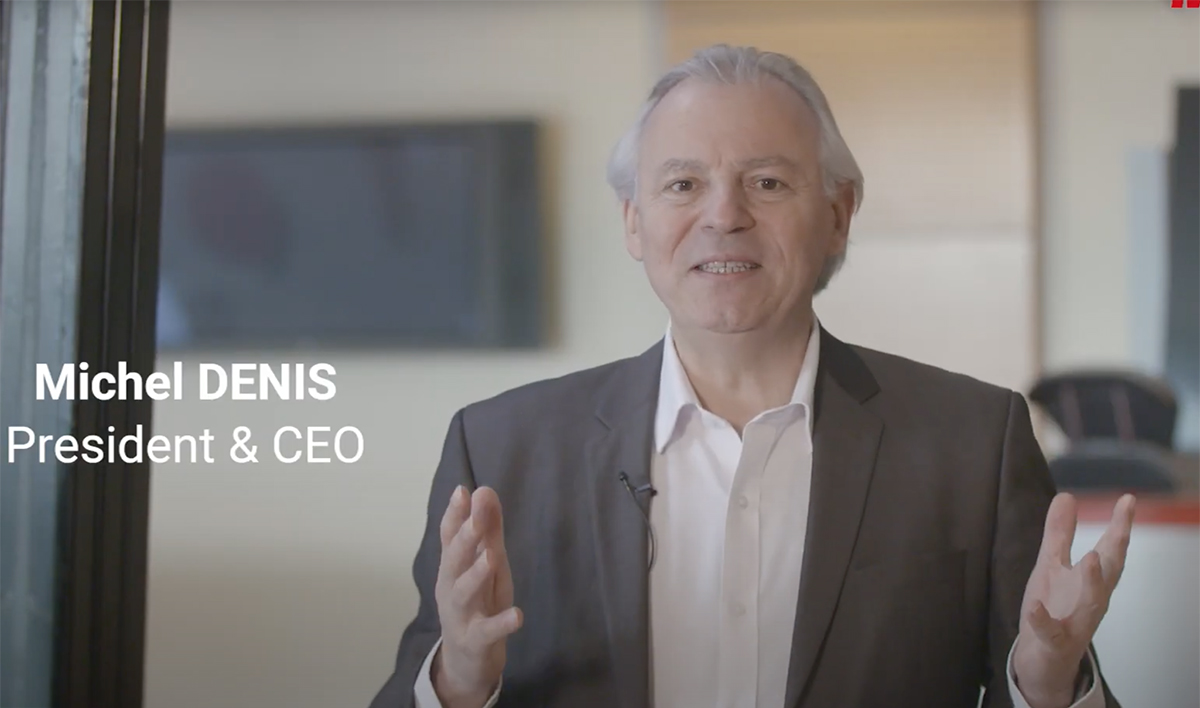Manitou Group, a worldwide reference in handling, aerial work platforms and earthwork, presents the two main targets of its 2030 low carbon trajectory: reduce its direct and indirect carbon emissions by 46%, while reducing the CO2 emissions of machines by 34% for every hour of use. This approach is based on scientific data through the “Science Based Targets” initiative, a program supported by the United Nations, the Carbon Disclosure Project (CDP), the World Resources Institute (WRI) and the World Wide Fund for Nature (WWF).
After presenting its new CSR roadmap to all stakeholders in 2021, Manitou Group outlines its 2030 low carbon pathway. Constructed in line with the Science Based Targets* initiative, this trajectory relies on the single international reference defined according to the reports of the IPCC (Intergovernmental Panel on Climate Change).
Using 2019 as the benchmark year, the first target applicable in scopes 1 and 2 involves reducing direct and indirect CO2 emissions by 46% by 2030 throughout all of its worldwide locations. The second target concerns the emissions in scope 3 (value chain), with a 34% reduction in the CO2 emissions generated for every hour of use of the machines produced by the Group.
Michel Denis, President and CEO, explains: “It is an extremely important and transformative stage for the Group. Climate issues are a genuine concern, but also an opportunity to reinforce our competitive edge by transitioning to a low carbon intensity economy. We are doing everything to steer the ecological transition towards a more sustainable economic model. We have set ambitious yet realistic targets that we can achieve by innovating with our customers, suppliers and employees. 89% of our indirect emissions (scope 3) come from the use of products. It is therefore a collective approach for the whole value chain.”








